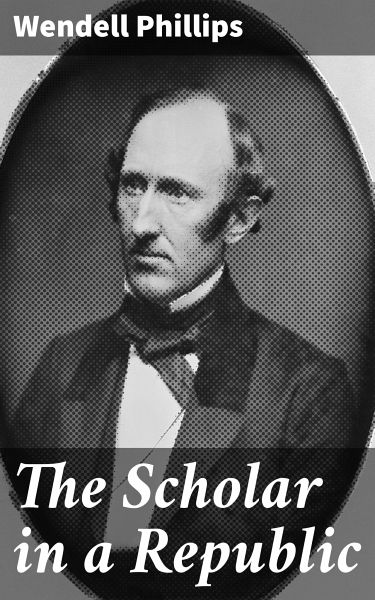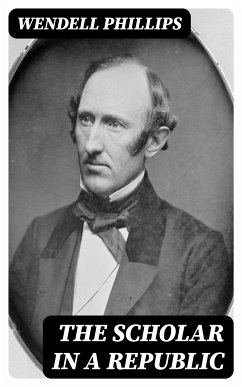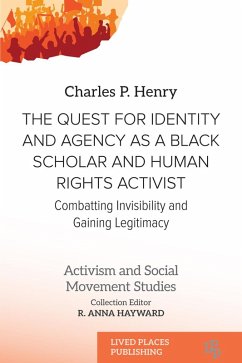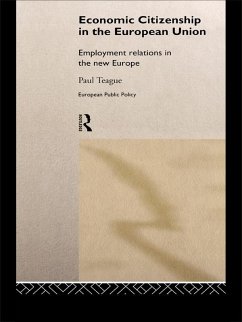
The Scholar in a Republic (eBook, ePUB)
Enriched edition. Championing Democracy: The Scholar's Call to Action
Kommentar: Callahan, Ivy / Redaktion: Good Press

PAYBACK Punkte
0 °P sammeln!
In "The Scholar in a Republic," Wendell Phillips offers a profound exploration of the role of education in a democratic society, intertwining eloquent prose with a compelling argument for the importance of intellectual engagement. Phillips draws upon historical context, highlighting the tensions of the 19th century in America, where social reform and the pursuit of knowledge intersected. The book serves as both a manifesto and a reflection on the necessity of nurturing a scholarly ethos among citizens, aiming to awaken the moral responsibility inherent in scholarship and its critical function ...
In "The Scholar in a Republic," Wendell Phillips offers a profound exploration of the role of education in a democratic society, intertwining eloquent prose with a compelling argument for the importance of intellectual engagement. Phillips draws upon historical context, highlighting the tensions of the 19th century in America, where social reform and the pursuit of knowledge intersected. The book serves as both a manifesto and a reflection on the necessity of nurturing a scholarly ethos among citizens, aiming to awaken the moral responsibility inherent in scholarship and its critical function in a republic rooted in citizen participation and active dialogue. Wendell Phillips, a leading abolitionist and orator, was deeply influenced by the socio-political landscape of his time. His experiences with the abolitionist movement and social justice initiatives propelled him to advocate for the fusion of scholarship and activism. Phillips's background in law and his fervent belief in the transformative power of education shaped his vision of the scholar as a key contributor to the moral fabric of society, revealing his commitment to civic engagement and enlightenment. This book is essential for readers interested in the interrelationship between education and democracy. It invites scholars, activists, and citizens alike to reflect on their roles within the society, encouraging a commitment to knowledge that goes beyond academia into tangible social reform and ethical leadership. In this enriched edition, we have carefully created added value for your reading experience: - A succinct Introduction situates the work's timeless appeal and themes. - The Synopsis outlines the central plot, highlighting key developments without spoiling critical twists. - A detailed Historical Context immerses you in the era's events and influences that shaped the writing. - A thorough Analysis dissects symbols, motifs, and character arcs to unearth underlying meanings. - Reflection questions prompt you to engage personally with the work's messages, connecting them to modern life. - Hand-picked Memorable Quotes shine a spotlight on moments of literary brilliance. - Interactive footnotes clarify unusual references, historical allusions, and archaic phrases for an effortless, more informed read.
Dieser Download kann aus rechtlichen Gründen nur mit Rechnungsadresse in A, B, BG, CY, CZ, D, DK, EW, E, FIN, F, GR, H, IRL, I, LT, L, LR, M, NL, PL, P, R, S, SLO, SK ausgeliefert werden.













